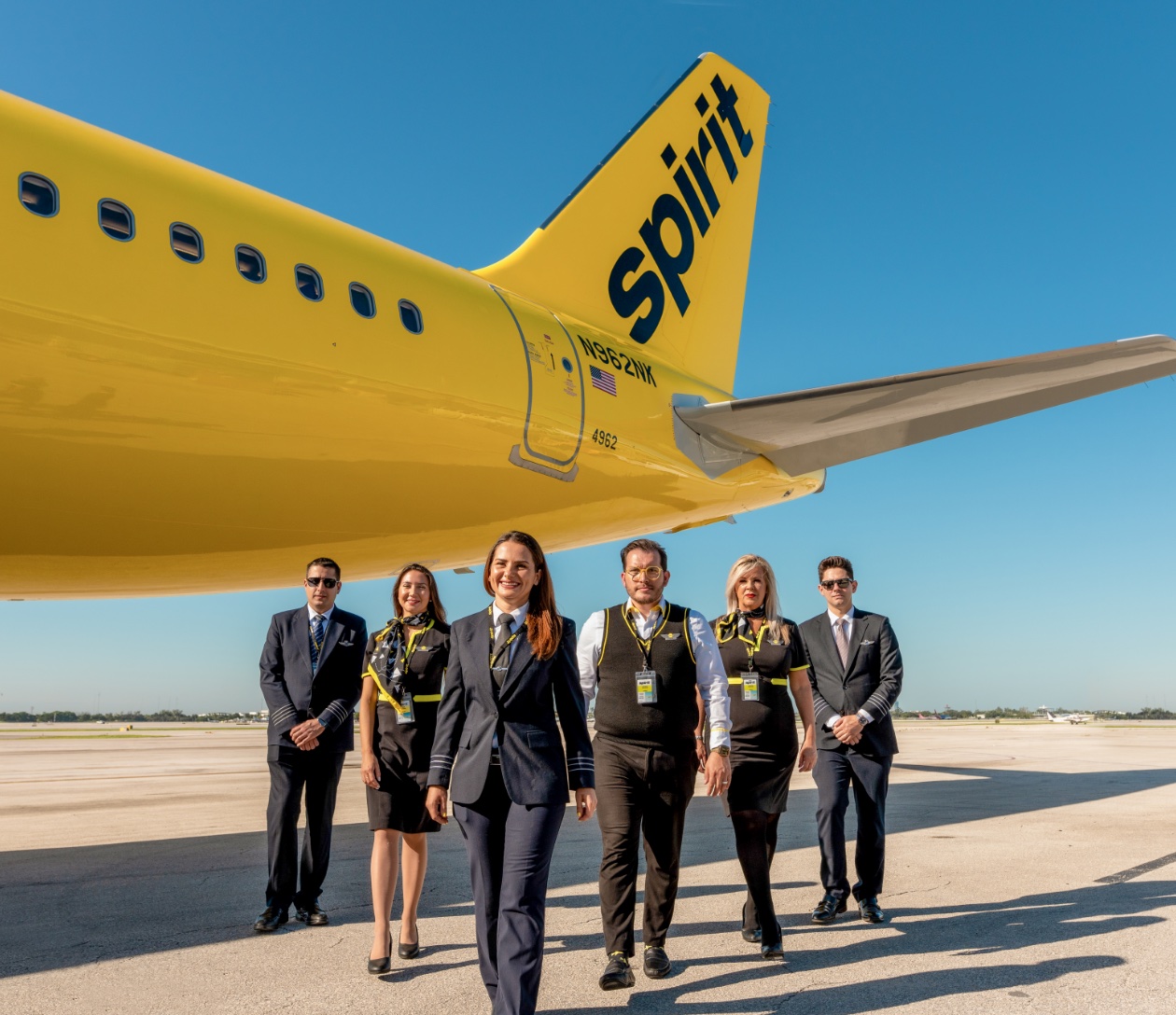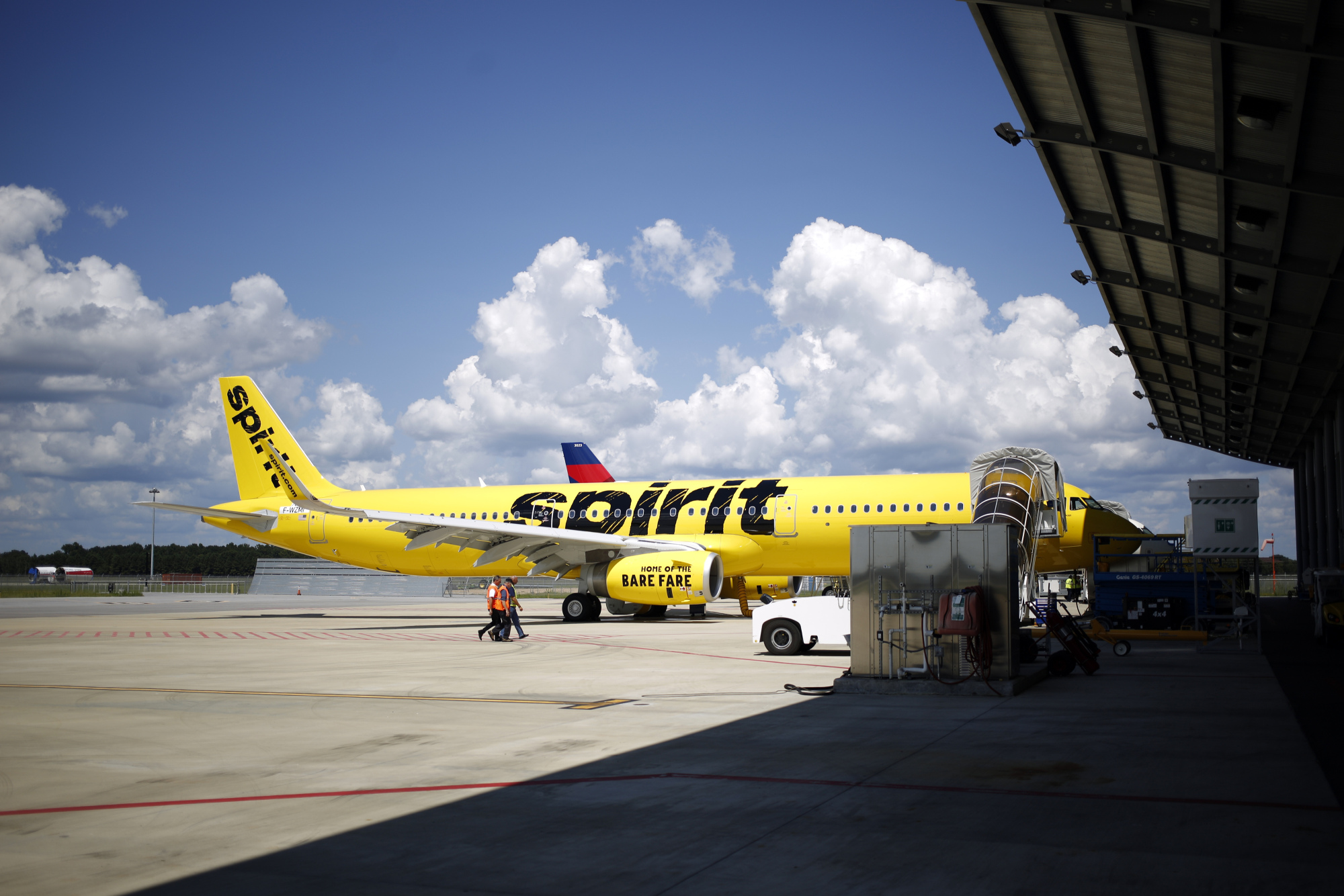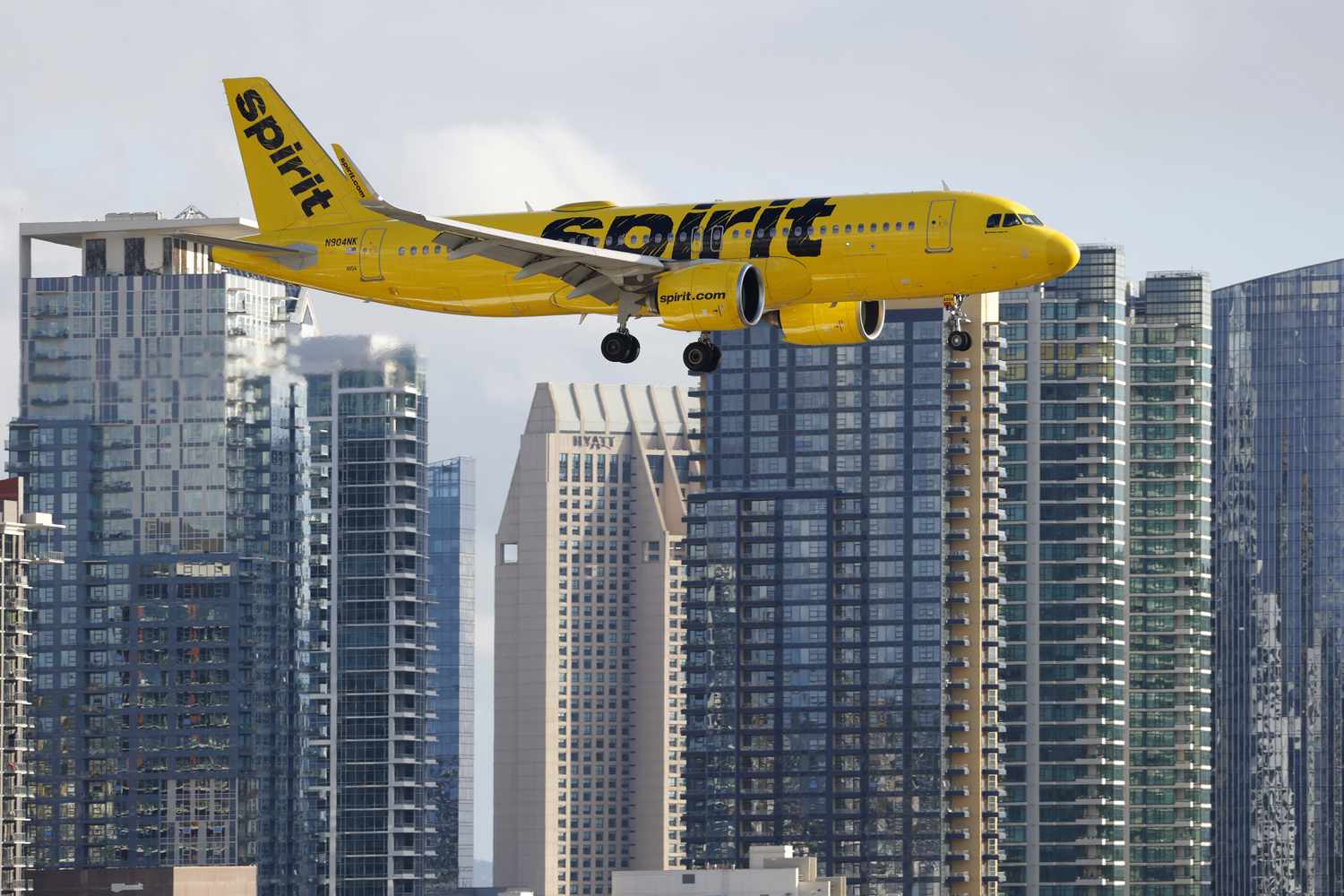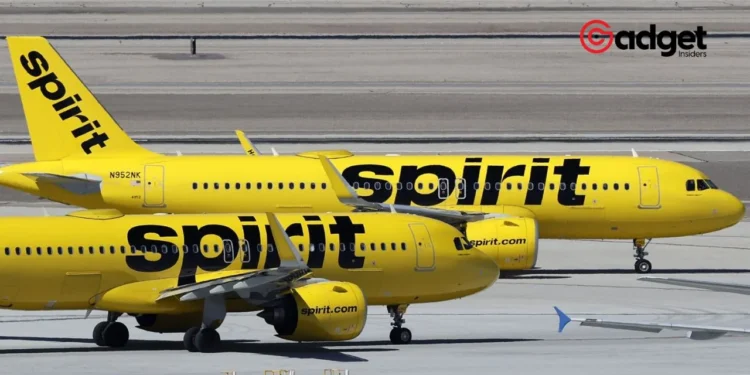In a significant move signaling ongoing shifts in the aviation industry, Spirit Airlines has disclosed plans to furlough approximately 260 pilots starting from September 1, 2024, as part of a strategic effort to conserve financial resources.
This decision comes alongside the airline’s announcement to postpone aircraft deliveries, initially scheduled from the second quarter of 2025 through 2026, to no earlier than 2030. These decisions are expected to enhance the company’s liquidity by $340 million through 2026, as the low-cost carrier aims to navigate a turbulent economic landscape.

Strategic Adjustments in Challenging Times
Ted Christie, President and CEO of Spirit Airlines, emphasized the importance of these measures in a recent statement. “This amendment to our agreement with Airbus is an important part of Spirit’s comprehensive plan to bolster profitability and strengthen our balance sheet,” he explained. Christie highlighted the dual benefit of deferring aircraft deliveries—allowing the airline to focus on core operations and adjust to competitive pressures while shoring up financial stability for future growth.

Fiscal Strains and Market Reactions
The financial backdrop to these decisions is stark. Spirit Airlines reported a net loss of $183.7 million in the fourth quarter of 2023, with annual revenues falling by 5% to $1.32 billion. The airline’s stock has also taken a substantial hit, declining over 74% over the past year. These figures underscore the acute pressures on the airline, exacerbated by delivery challenges with engine supplier Pratt & Whitney and the legal roadblock to a proposed merger with JetBlue, which a federal judge halted on competition grounds.
Spirit Airlines will delay delivery of new Airbus planes and furlough pilots to save money as it seeks to overcome several setbacks, including a blocked merger and engine problems. https://t.co/SJcCfS0J7k
— The New York Times (@nytimes) April 8, 2024
The Bigger Picture: Industry Implications
The aviation sector continues to face volatility, with airlines like Spirit needing to adapt quickly to changing economic conditions and market dynamics. The delay in aircraft deliveries and pilot furloughs are reflective of broader industry trends where carriers are increasingly forced to make tough choices to remain solvent and competitive.

Looking Ahead
As Spirit Airlines looks to the future, the focus is clear. “The Spirit team is 100% clear and focused on the adjustments we are currently deploying and will continue to make throughout 2024 to drive us back to cash flow generation and profitability,” Christie stated. With strategic planning and operational adjustments, Spirit aims to navigate through its current challenges toward a more stable and profitable horizon.
In sum, Spirit Airlines’ recent moves are a microcosm of the wider industry’s struggles and its attempts at self-correction in the face of economic headwinds. Stakeholders in the aviation sector will be watching closely as the airline moves forward with its adjusted strategies, hoping for a smooth flight path leading back to financial health and industry competitiveness.









